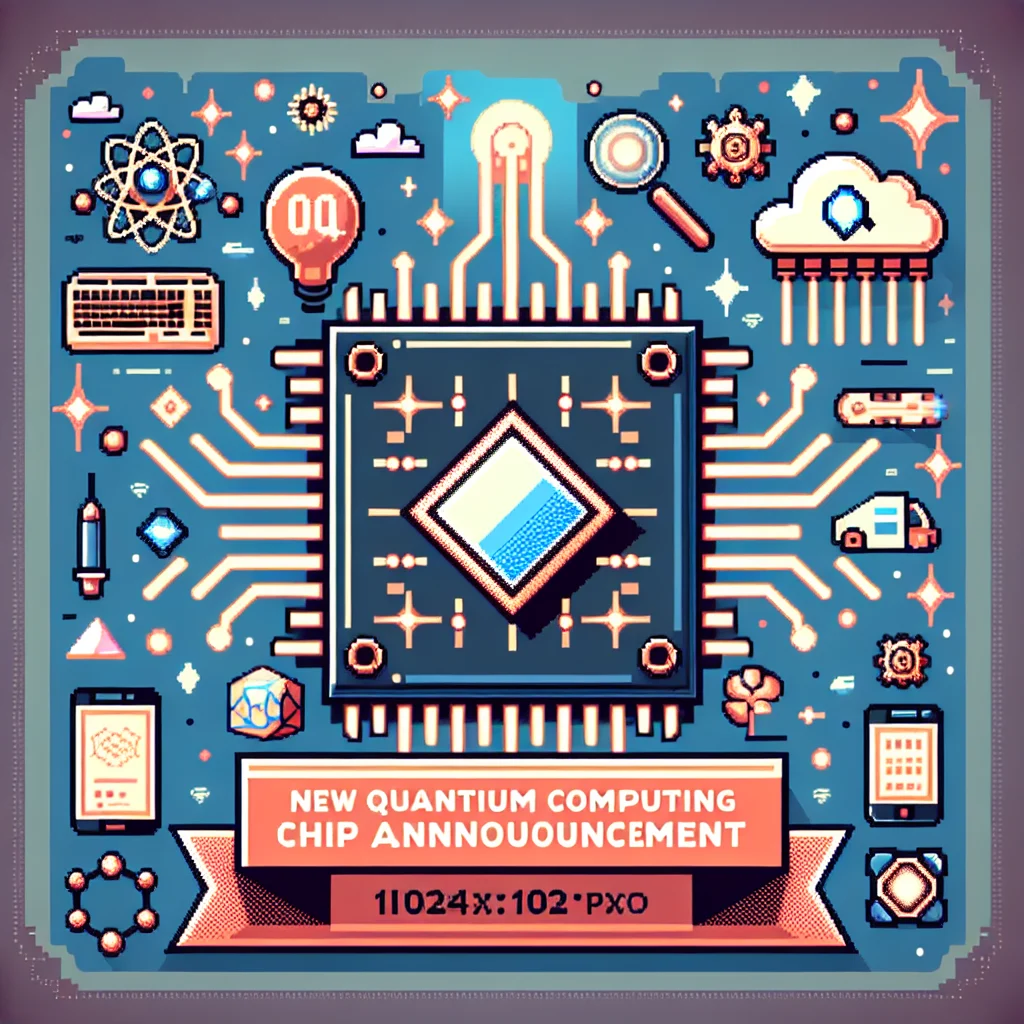Still live: One of the best prices ever on 24GB M4 Mac mini at $699 + 48GB and 64GB models at $200 off – 9to5Toys | Analysis by Brian Moineau
The Mac Mini Marvel: Why This Deal is a Game-Changer
Hey there, tech enthusiasts and bargain hunters alike! Today, we’re diving into a little nugget of tech goodness that has recently caught the attention of many—a stellar deal on the M4 Mac Mini, courtesy of B&H. Now, if you’re anything like me, you understand that the world of technology is constantly evolving, and finding the perfect balance between performance and price can sometimes feel like searching for a needle in a haystack. But every now and then, a deal comes along that makes your tech-savvy heart skip a beat. Enter the M4 Mac Mini at just $699 for the 24GB model, with the 48GB and 64GB variations also receiving a generous $200 discount.
For those who might not be in the know, the Mac Mini is Apple’s unsung hero. While it might not boast the same celebrity status as the MacBook or the iMac, it offers a unique proposition—powerful performance in a compact form factor that doesn’t break the bank. And with this deal, B&H is sweetening the pot, making it even more accessible to those looking to upgrade or enter the Apple ecosystem.
Now, why is this a big deal, you ask? Well, the tech industry, much like the rest of the world, has been navigating the tricky waters of post-pandemic supply chain disruptions. We’ve seen everything from chip shortages to shipping delays, making it harder to get our hands on the latest gadgets. So, when a well-regarded retailer like B&H steps up with a deal like this, it doesn’t just make waves; it sends ripples through the entire tech community.
But let’s not get too bogged down in the details. Instead, let’s zoom out and look at the bigger picture. The affordability of the M4 Mac Mini is a testament to the broader trend of democratizing technology. As the digital world becomes increasingly integral to our daily lives—whether it’s remote work, digital content creation, or simply streaming the latest season of your favorite show—having access to high-performance devices is more important than ever.
In a world where tech giants are constantly innovating, it’s refreshing to see a focus on making technology more accessible. Apple’s push towards providing more budget-friendly options without compromising on quality is a step in the right direction. And this deal from B&H is a perfect example of how consumer electronics can be made more attainable without sacrificing performance.
Speaking of democratizing technology, let’s take a moment to connect this to a broader narrative. Consider the rise of community-driven tech initiatives, like the Raspberry Pi Foundation, which aims to put the power of computing into the hands of as many people as possible. While the Mac Mini might not be as stripped-down or customizable as a Raspberry Pi, it shares a similar ethos—providing powerful computing at a price point that opens doors for more people.
As we continue to witness the rapid pace of technological advancement, it’s crucial to remember that these developments have the potential to impact various aspects of our lives. For instance, the increased availability of powerful yet affordable computing solutions could play a role in bridging the digital divide—an issue that has become more pronounced in recent years.
So, if you’re in the market for a new device, or if you’re simply a tech aficionado who loves a good deal, this M4 Mac Mini offer from B&H might just be the perfect opportunity to snag a piece of Apple’s innovative technology at an unbeatable price.
In conclusion, let’s celebrate moments like these where high-tech meets affordability. As we sit on the cusp of a new era in technology, let’s hope for more deals and innovations that make the digital world a more inclusive and accessible place for all. Happy shopping, and here’s to a future where tech continues to enrich our lives in ways big and small!
Read more about AI in Business
Read more about Latest Sports Trends
Read more about Technology Innovations
Related update: We recently published an article that expands on this topic: read the latest post.





